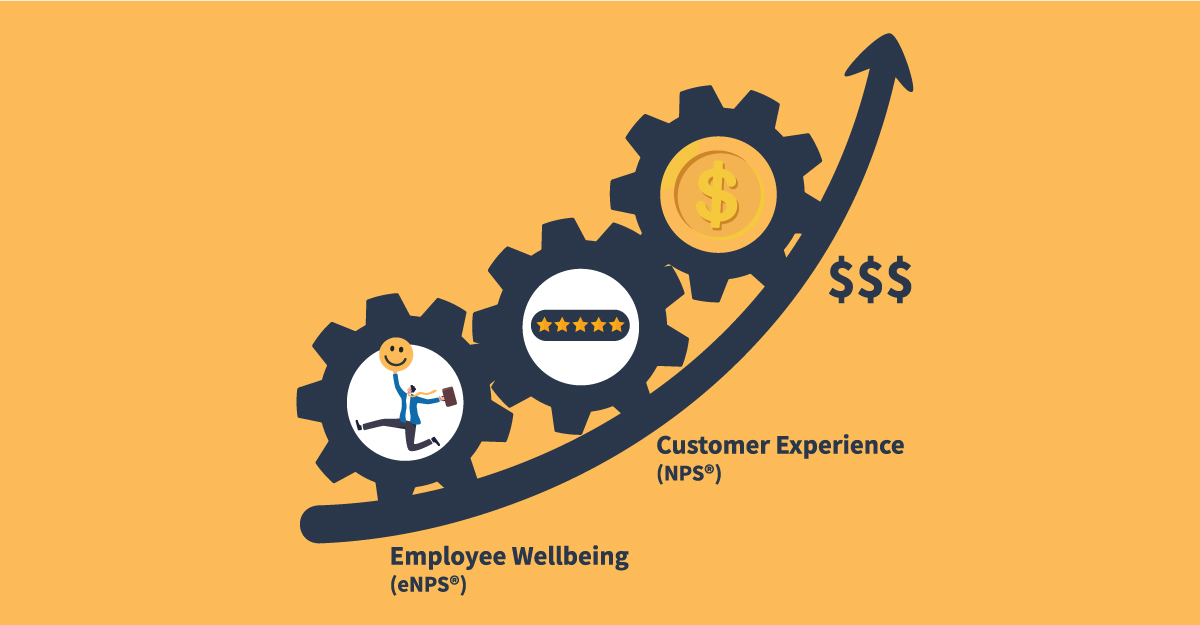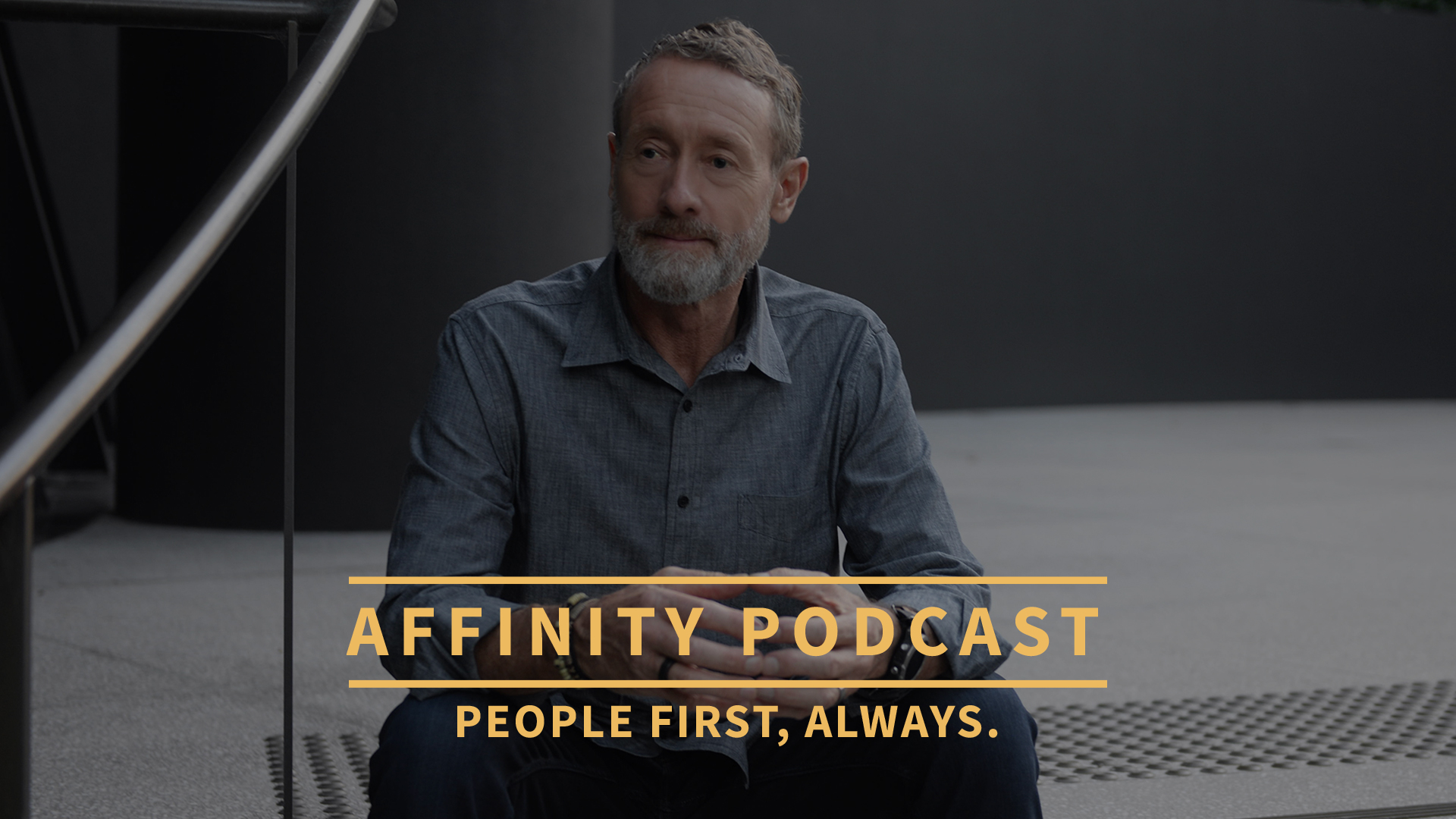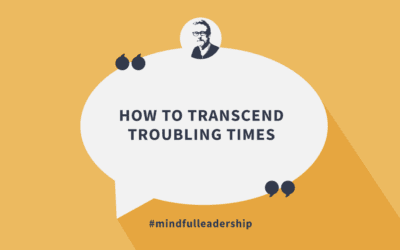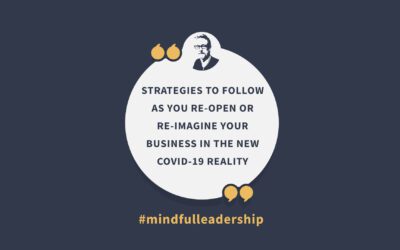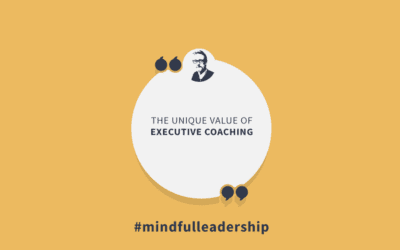Why Sales May Seem Easier Than Retention in the Fitness and Wellness Industry

Grant Ian Gamble is a Founder of AFFINITY OS™, the #1 AI and Human-Driven Customer Experience and Employee Engagement Business Intelligence Platform. He is also a best-selling mindful leadership author and speaker. Grant has four decades of experience in building and growing global fitness and wellness brands and communities, leading teams to create innovative customer experiences, building engaged workforces, and developing leaders who prioritize mindfulness in their approach in the health, fitness and wellness sector.
In sales, you see the results of your efforts almost immediately. With retention, the payoff is long-term and requires an authentic, sustained relationship.
In the fitness and wellness industry, sales often grab the spotlight due to their immediate results and clear metrics, like quick sign-ups and instant revenue boosts. However, as industry leaders, it’s crucial to understand why retention might seem less controllable but is equally vital for sustainable success.
Sales is the act of conversion, a moment in time. Retention, however, is an ongoing journey that requires continuous engagement and value delivery.
The Immediate Gratification of Sales
Sales in the fitness industry provide immediate gratification—a new member signs up, and the success is instantly visible. This can make sales feel more rewarding and within our control, as digital analyst Brian Solis points out, “Sales is the act of conversion, a moment in time.”
Customers don’t care how much you know until they know how much you care. Retention is about caring consistently over time.
The Complexity of Retention
Conversely, retention requires an ongoing commitment to relationship-building, deeply understanding customer needs, and providing consistent value, which is more complex and less predictable than direct sales. Harvey Mackay captures this sentiment well, stating, “Customers don’t care how much you know until they know how much you care.”
Leveraging AI for Deep Insights
This is where AI-driven platforms like AFFINITY OS™ (AOS) come into play. By accurately measuring nuanced factors such as member satisfaction and community feel, AOS provides the insights needed to tailor services and enhance member retention effectively.
Building Long-Term Relationships
The real challenge—and opportunity—in retention lies in continuously engaging members and aligning offerings with their evolving expectations.
It’s about creating a community where members feel a sense of belonging and value, making them less likely to leave for a competitor.
Conclusion: Balancing Sales and Retention for Growth
While the allure of immediate sales results is strong, the fitness industry must balance this with robust retention strategies. By investing in tools like AOS that provide real-time feedback and actionable insights, businesses can foster a loyal community, ultimately leading to sustained growth and profitability.
For more insights on building a successful fitness business, explore the principles laid out in my book, “The Affinity Principle,” and discover how AI-driven strategies can transform your approach to member engagement and retention.

CONSULTING SERVICES:
Creating Transformative Wellness Through Innovative Design, Sustainable Solutions, and Operational Excellence
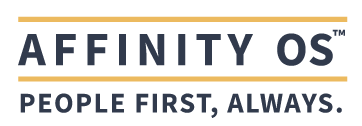
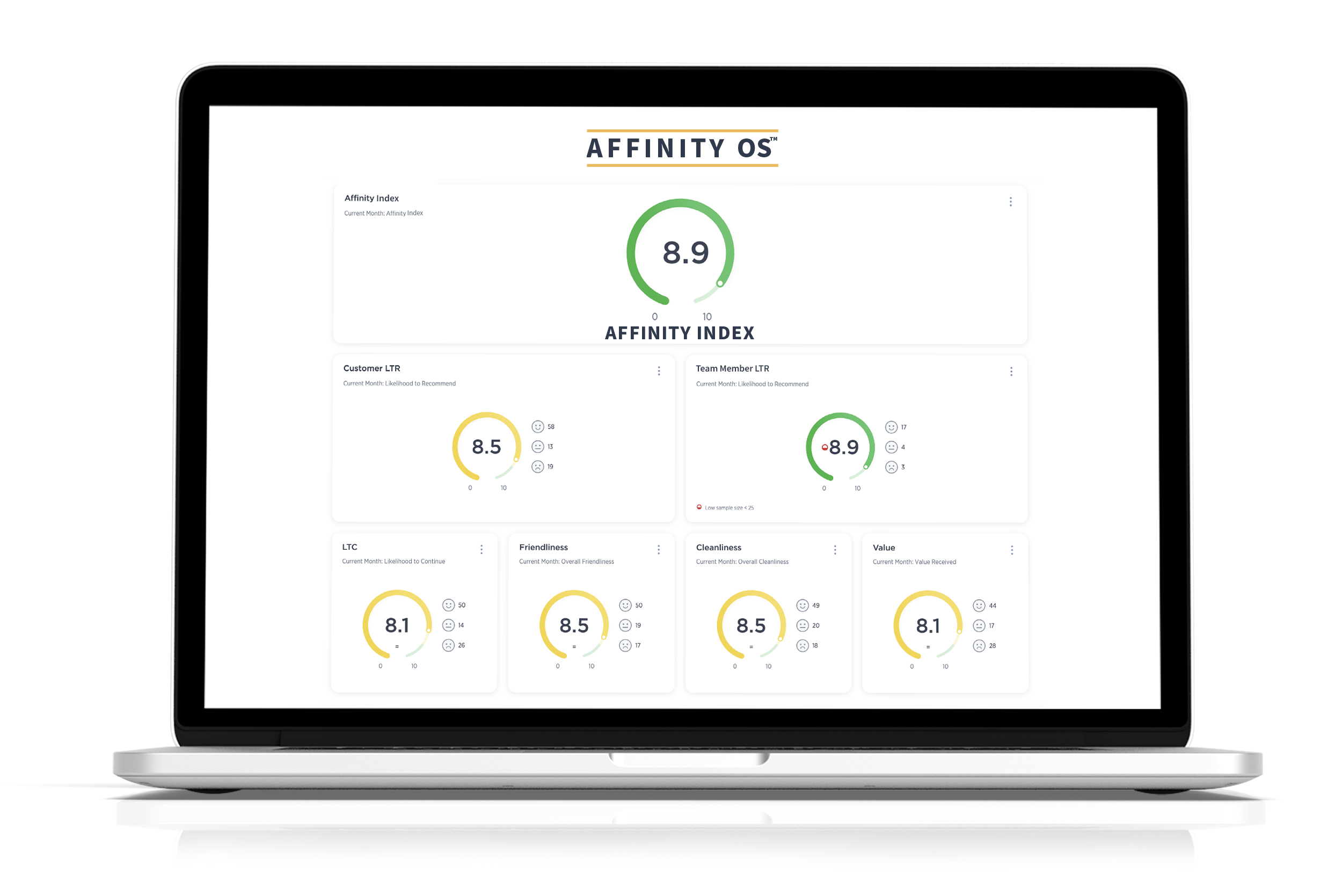 Interested in learning more about how to transform your organization’s approach to team member engagement and customer experience? Reach out to our team at AFFINITY OS, specialists in AI-driven customer experience and team member engagement optimization.
Interested in learning more about how to transform your organization’s approach to team member engagement and customer experience? Reach out to our team at AFFINITY OS, specialists in AI-driven customer experience and team member engagement optimization.

Dive into the heart of exceptional leadership and customer-centric success with AOS Academy. Our certification courses, guided by the “PEOPLE FIRST, ALWAYS” mantra, are designed to support professionals as mindful, effective leaders and service providers.
By integrating key insights from Grant Ian Gamble’s best-selling mindful leadership book, “The Affinity Principle”, we focus on nurturing people-centric cultures of empathy, effective communication, and customer service excellence.
The AOS Academy is more than just training – it’s a journey towards personal and professional transformation, ensuring every interaction and decision is rooted in understanding and valuing people first.
Put PEOPLE FIRST, ALWAYS and watch your business flourish.
Dive deep into the latest trends in customer experience and team engagement, mindful leadership and management. Discover practical tools and strategies that you can use to build a people-centric culture, the foundation for sustainable long-term business growth and success.
Led by mindful leadership expert, Grant Ian Gamble, a best-selling author and true visionary with over 30 years of experience in leading teams to create innovative customer experiences, building engaged, inspired and fulfilled workforces, and developing leaders who prioritize genuine connection in their approach.
The guiding principle behind all of Grant’s work is PEOPLE FIRST, ALWAYS.

More Articles:
How to Transcend Troubling Times
According to Business Insider, unemployment filings hit 55 million over the past 20 weeks.
Layoffs, furloughs, freezes on hiring and downsizing are all reaching epidemic proportions. Usually, downsizing and consolidations are associated with declining financial performance for the companies going through these transitions, but not necessarily.
Strategies to Follow as You Re-Open or Re-Imagine Your Business in the New COVID-19 Reality
Here are some basic strategies and checklists to follow as you plan to re-open and/or re-imagine your business in the new COVID-19 reality. Download your list!
The Unique Value of Executive Coaching
In a recent study by Stanford’s Center for Leadership Development and Research, nearly 100% of CEO’s surveyed said they enjoy the process of receiving coaching and leadership advice. Yet only one-third of those same leaders receive any formal coaching.
Of those CEO’s receiving coaching, 78% said it was their own idea to embark on the coaching journey. 21% said the catalyst came from the Board.
When asked what the key areas they were most seeking improvement in were, the cohort suggested the following:

